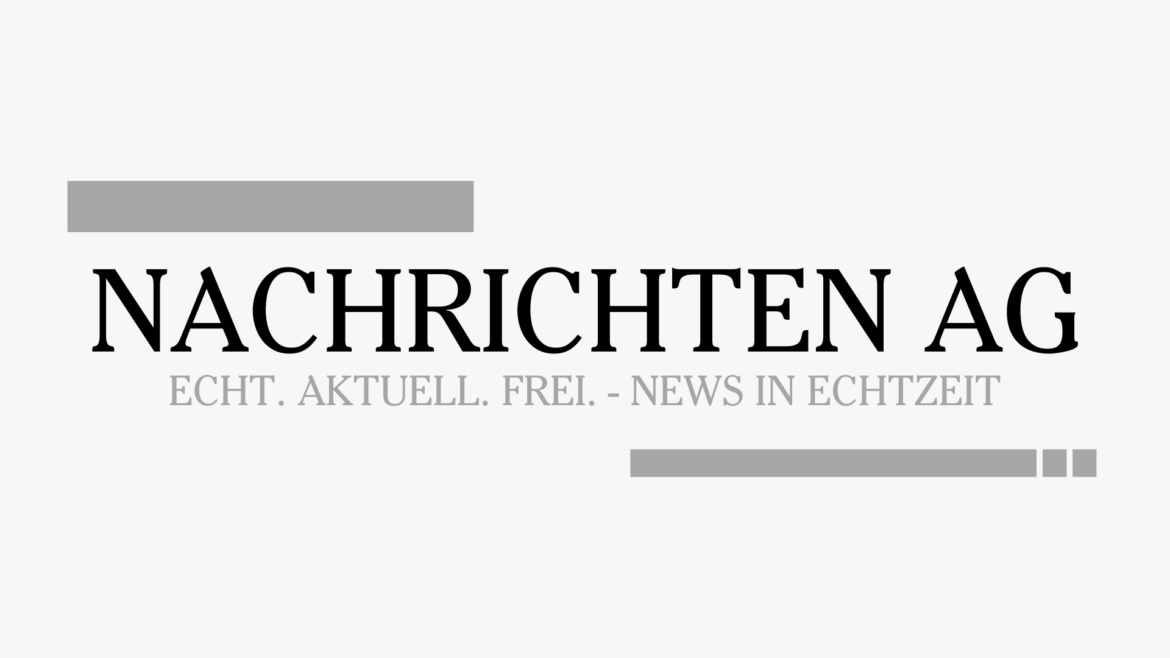
In Berlin, specifically in the Charlottenburg-Wilmersdorf district, there has been a noticeable increase in the number of furnished temporary rental apartments. This shift in the housing market has raised concerns among local authorities, leading to discussions on how to address the issue. The district has expressed intentions to restrict the rental of furnished temporary apartments, particularly in areas designated as Milieuschutzgebiete.
According to data from several Berlin districts, the prevalence of furnished temporary housing has risen significantly between 2012 and 2022. In areas like Friedrichshain-Kreuzberg, Mitte, and Charlottenburg-Wilmersdorf, a significant percentage of rental advertisements now offer furnished temporary apartments. This trend has prompted calls for tighter regulations from housing policymakers, who view this form of housing as detracting from the overall availability of affordable long-term accommodation in the city.
The legal framework surrounding the transition of permanent residences into temporary models remains ambiguous. While a legal opinion commissioned by the Charlottenburg-Wilmersdorf district suggests that such a shift constitutes a change in land use, current interpretations by the Senate lean towards not requiring specific approvals for common furnished temporary rental models. Nonetheless, ongoing legal proceedings in Friedrichshain-Kreuzberg seek to clarify this matter, with the Senate waiting for the outcomes before taking further action.
Other Berlin districts, such as Pankow, Neukölln, and Tempelhof-Schöneberg, are also monitoring the situation closely. Pankow has already incorporated provisions within its evaluation criteria for Milieuschutzgebiete, defining short-term leases as commercial use rather than residential. Neukölln, on the other hand, advocates for a straightforward administrative solution at the federal level to address the issue. Tempelhof-Schöneberg is currently observing the situation but has not yet outlined any specific actions regarding furnished temporary housing.
Furthermore, the cost of temporary furnished housing in Berlin surpasses that of traditional long-term rentals by a significant margin. In 2022, the average nett cold rent for regular apartments stood at 11.54 euros, while temporary furnished apartments commanded prices of around 19.44 euros. These discrepancies in cost highlight another aspect of the housing market that could potentially impact housing affordability for residents. The Federal Council has introduced a bill proposing amendments to regulations concerning the rental of furnished apartments, which would require approval from the Bundestag for implementation.
As the debate on the proliferation of furnished temporary rentals continues in Berlin, it remains to be seen how local authorities and policymakers will navigate these complex issues to ensure a balanced and sustainable housing market for residents.
Berlin News Telegram-KanalBerlin News Telegram-KanalCharlottenburg-Wilmersdorf News Telegram-KanalAnalysierte Kommentare in sozialen Medien: 99
Analysierte Forenbeiträge: 95
Ursprünglich wurde es in den 1950er Jahren aus einer Boje entwickelt! Seither ist es ein fester Bestandteil jeder Gartenparty und das Herzstück jeder geselligen Runde im Freien.
Lösung anzeigen
